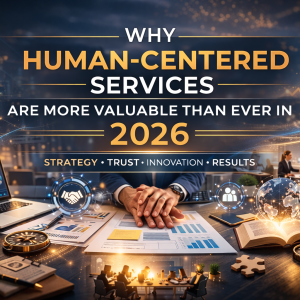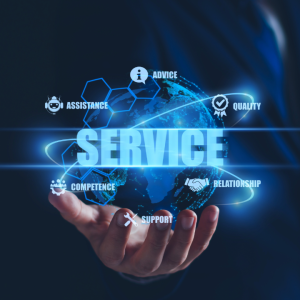The service industry is undergoing a major transformation. As we move towards 2025, service platforms are evolving to meet the growing demand for more efficient, tailored, and tech-driven solutions. From hyper-specialization to real-time matching and the integration of advanced analytics, the future of service platforms is exciting and full of opportunities. These trends are not just reshaping how services are delivered—they are changing the very way businesses and customers interact.
1. Hyper-Specialization: Tailored Solutions for Every Need
One of the biggest trends for service platforms in 2025 will be hyper-specialization. Rather than offering broad, generalized services, platforms will begin to focus on delivering highly specific, niche solutions. This shift will allow companies to provide expert-level services that cater directly to the needs of their customers, offering more value and fostering deeper relationships.
What is Hyper-Specialization?
Hyper-specialization refers to the process of creating platforms and services that focus on a narrow market segment. Instead of serving all industries, these platforms will zero in on specific industries or even subcategories within industries, providing highly specialized, expert solutions.
Predictions:
- Expect to see platforms designed for highly specialized service areas, such as freelance legal services, technical consulting, and even highly specific customer support niches.
- Smaller, specialized platforms will outpace large, generalized competitors by offering unique, value-driven services that cater to specific client needs.
For more on the growing trend of specialization, check out Harvard Business Review’s take on hyper-specialization in service industries.
2. Real-Time Matching: Connecting Service Providers with Clients Instantly
Gone are the days of long wait times and delayed responses. The future of service platforms in 2025 will rely heavily on real-time matching to instantly connect service providers with clients in need. Whether it's connecting businesses with remote workers, matching consumers with service providers, or pairing clients with consultants, the goal is to offer instant, efficient solutions.
What is Real-Time Matching?
Real-time matching is the ability to instantly pair clients with the right service provider or solution, based on real-time data and needs. With advances in artificial intelligence and machine learning, these platforms will use algorithms to connect users with the most appropriate service professionals or products based on their unique needs, skills, or preferences.
Predictions:
- Service platforms will incorporate real-time matching capabilities for freelancers, contractors, and even large corporations looking to fulfill urgent needs.
- AI-powered algorithms will refine matching techniques, ensuring that clients get connected to the right talent or solutions immediately.
To learn more about the role of real-time matching in service platforms, check out Forbes.
3. Advanced Analytics: Data-Driven Service Delivery
As service platforms grow more complex, the integration of advanced analytics will play a pivotal role in shaping the future of the industry. In 2025, platforms will leverage big data, predictive analytics, and AI to deliver more personalized and efficient services, anticipate customer needs, and improve service quality.
What are Advanced Analytics?
Advanced analytics involves using sophisticated techniques to analyze large sets of data to uncover insights, predict future trends, and optimize business processes. For service platforms, this means analyzing customer behavior, market trends, and service usage to offer highly personalized and efficient solutions.
Predictions:
- Service platforms will incorporate predictive analytics to anticipate customer needs, reducing downtime and improving user satisfaction.
- By leveraging data-driven insights, platforms will enhance customer experiences, optimize pricing models, and ensure faster service delivery.
- Smart recommendations based on customer data will become commonplace, helping users find the best service solutions quickly.
To explore the potential of advanced analytics, read more at McKinsey & Company.
4. Seamless Integration with IoT and Automation
The increasing integration of Internet of Things (IoT) devices and automation in service platforms will revolutionize the way services are delivered. In 2025, expect to see more services powered by automation, reducing the need for human intervention and streamlining operations. IoT will enable real-time data collection, monitoring, and reporting, making it easier for service providers to offer proactive solutions.
What is IoT and Automation in Service Platforms?
IoT in service platforms refers to the use of connected devices that collect and share data in real-time, enabling platforms to make informed decisions. Automation helps streamline tasks and workflows, reducing human error and improving efficiency.
Predictions:
- Automated services such as AI-driven chatbots, automated scheduling, and remote troubleshooting will become ubiquitous.
- IoT integration will enable service providers to offer real-time updates, notifications, and monitoring to improve service delivery and customer satisfaction.
For a deeper dive into IoT’s role in service platforms, visit TechCrunch.
5. Personalization and Customer-Centric Services
The future of service platforms is all about personalization. In 2025, platforms will increasingly use data and AI to tailor their offerings to the unique needs of each customer. Whether it’s customized product recommendations or personalized service experiences, the ability to cater to individual preferences will be a key differentiator for platforms.
What is Personalization in Service Platforms?
Personalization involves leveraging data to understand customer preferences, behavior, and past interactions to offer more targeted and relevant services. By creating more personalized experiences, service platforms can build stronger relationships with their users.
Predictions:
- Personalization will extend beyond product recommendations to include tailored service offerings, special promotions, and individualized customer support.
- AI-powered tools will make it easier for service platforms to offer personalized solutions in real-time.
For insights into the future of personalized services, check out Gartner’s analysis of personalization in service industries.
How MPS Helps You Stay Ahead of Service Trends
At MPS (My Premium Service), we are dedicated to offering next-gen solutions that help you stay ahead of the curve. Our platform is built to connect you with cutting-edge services that embrace the trends shaping the future of the service industry, including real-time matching, advanced analytics, and hyper-specialized service solutions.
MPS provides:
- Tailored service offerings to meet the specific needs of each client.
- Real-time matching technology to ensure the fastest connection with the right service provider.
- Advanced analytics to optimize service delivery and improve user experiences.
- Seamless integration with automation tools to streamline your processes and reduce downtime.
Explore MPS today and discover how we can help you connect with the best service solutions for your business needs.
Conclusion
As the service industry continues to evolve, platforms will play an increasingly vital role in connecting businesses with the services they need. The future of service platforms is characterized by hyper-specialization, real-time matching, and advanced analytics, all of which promise to deliver more personalized, efficient, and data-driven solutions. By embracing these trends, businesses and consumers can stay ahead in an ever-changing landscape.






